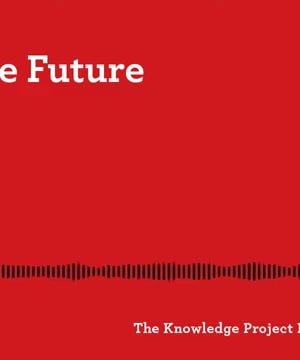How does mimetic behavior affect decision-making?
Sources:
Mimetic behavior significantly impacts decision-making by influencing individuals to seek the approval and mimic the behaviors of others. This tendency is deeply ingrained in human nature. When people align their decisions with those around them, they often seek social validation rather than pursuing independent, non-consensual insights. Those who break away from mimetic behavior and focus on truth-seeking rather than approval-seeking often drive innovation and transformative ideas. Such individuals, deemed heretics in their time, include historical figures like Galileo, whose discoveries required them to withstand societal disapproval [1].
Social proof, another aspect of mimetic behavior, shows that individuals, especially in uncertain situations, tend to follow the actions of others as a guide. This concept, discussed by Robert Cialdini, highlights how observing the actions of similar individuals can validate our own decisions, reducing uncertainty and making behaviors seem feasible and practicable [2].
In essence, while mimetic behavior can provide comfort and validation by aligning decisions with social norms, it may also stifle creativity and independent thinking. However, recognizing this influence can help individuals navigate their decision-making process more consciously.
RELATED QUESTIONS

